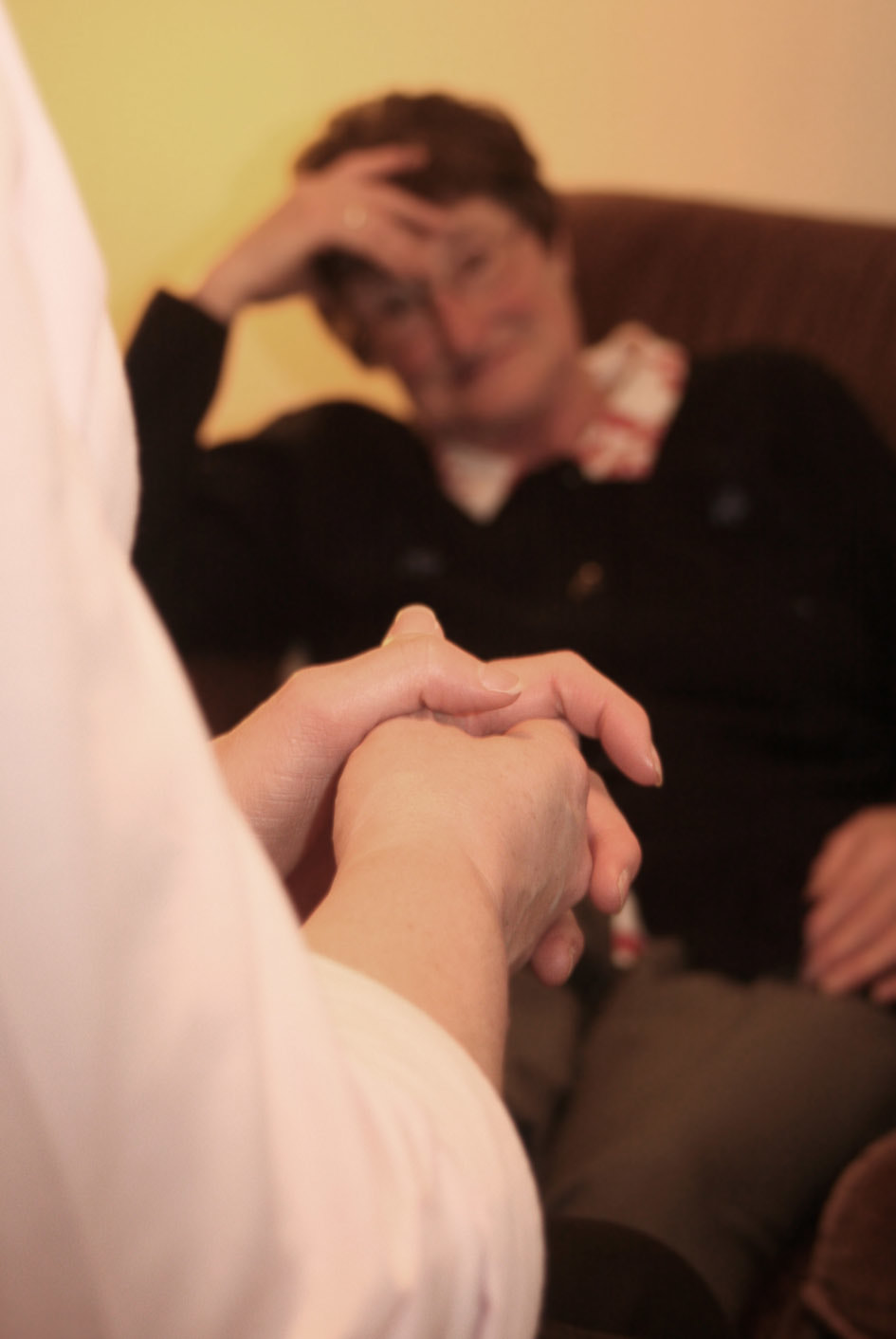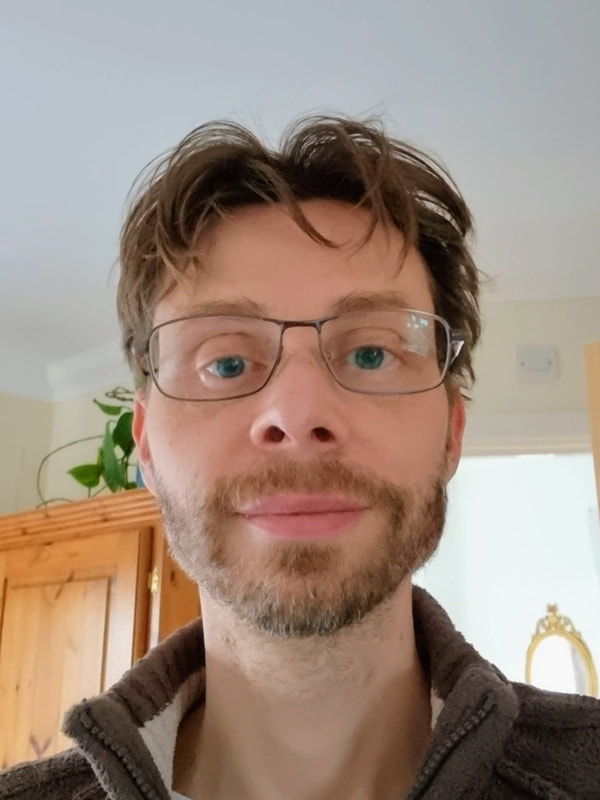|
I think the seven years I’ve spent training to become a psychotherapist have been more fruitful for me than any spiritual path or practice I’ve tried.
What is the aim of the spiritual journey? Isn’t it to become more of who we truly are, which means becoming more spontaneous, more self-aware, more conscious, more capable of intimacy? Psychotherapy has the same goals. Meditation is like psychotherapy in that we learn to sit with ‘what is’ and hopefully accept and integrate whatever arises. In meditation, we seek to debunk all the tricks of the mind and sink instead into a deeper, experiential sense of self that is beyond all concepts (sometimes we call this the Self, or God, or the Light). Psychotherapy aims to help us to become both more functional in the world and more in touch with our true self. Perhaps an advantage of therapy over meditation is that the therapist can help us to identify tricks of the mind that we use unconsciously to avoid the dark and painful places. In therapy, as on the spiritual path, there is no healing without suffering. Our wounds must be exposed if they are to be healed – because it is through our wounds that light gets in. One of the reasons psychotherapy works – when it goes well – is because it’s based on relationship. It’s more difficult to expose and explore our wounds in front of another human than it is to examine these wounds by ourselves. We are naturally, and appropriately, cautious about revealing our secret selves to others. But when we feel safe, we might dare to open up. It is a risk. It feels scary. But when we explore our wounds and darkest places with a therapist, we will hopefully find ourselves understood and accepted – and in this way we can learn to accept ourselves. This is healing. So, relationship is the key to how psychotherapy works. The therapist helps us to uncover our shadow and to accept and integrate what we find there. The shadow, as Jung said, contains all of us that isn’t yet conscious. The more we are able to bring out of the shadow into the light, the more whole we become. Of course, the spiritual traditions have always acknowledged that relationship is part of the spiritual path. Think of the confessional, of the church, of the sangha, and so on. The spiritual community and spiritual directors have always been there to listen to us and support us, just as we listen to and support others. But some things we daren’t share. And some things we might not be aware of, so we can’t share them. This is where therapy can help. When therapists are able to honour the trust we put in them, their acceptance of us can be internalised. Mike Brooks is a Quaker and a psychotherapist. He is also the author of The Machine Society, a dystopian sci-fi novel. Mike Brooks Therapy The Machine Society: A novel by Mike Brooks
0 Comments
|
AuthorPeter Parr: Quaker, writer and former member of the British minigolf team. (Actually those are all just roles I play. Words can't describe who any of us really are.)
|


 RSS Feed
RSS Feed


